Menstrual health is now recognized as a health and human rights issue.
As a multi-sectoral issue, interventions need to be spearheaded by sector actors working on water, sanitation and hygiene (WASH), sexual and reproductive health and rights (SRHR), education, gender equality, and even climate change. A dynamic set of stakeholders drive a wide range of actions on menstrual health and hygiene, including international NGOs, civil society organizations, researchers and academicians, private sector, social enterprises, activists, donors and investors, and Governments.
Today, more than ever, we need to draw upon our collective strengths to underscore and promote evidence-based investments to accelerate action and sustain benefits to achieve menstrual health for all. Such critical investments in menstrual health and hygiene can contribute to achieving the Sustainable Development Goals and realising human rights.
1.9 billion people across the world experience the natural biological process of menstruation. Yet millions of girls, women and people with gender diverse identities struggle to manage their periods and have poor menstrual health because of
The past decade has seen greater attention to menstrual health and hygiene, with more research, strategic interventions, and campaigns that break the silence and stigma. To support good menstrual health for 1.9 billion people, a majority of whom live in low and middle-income countries, we require significant short-term and long-term investments that are informed by evidence on menstrual health and hygiene needs, and interventions that work to increase awareness, access to quality products of choice, water, sanitation, hygiene and waste management solutions, stigma and discrimination, and linkages with health services, as well as actions that can be scaled.
Click to expand
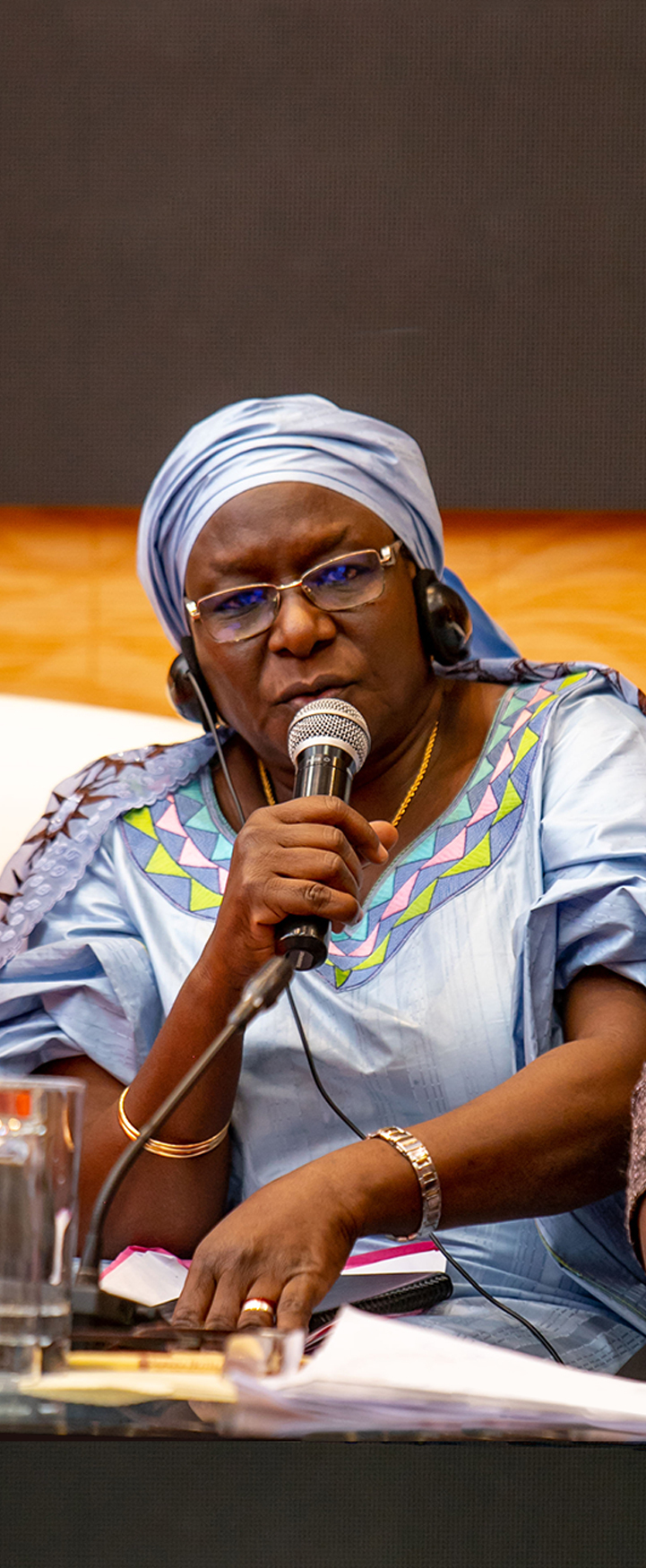
Minister of Promotion of Women and the Protection of Children in Niger – giving opening remarks at an MHH pre-conference event at the ICPD Summit.
The Global Menstrual Collective includes representatives from UN organizations, academia, government, funders, private sector, existing coalitions, advocacy groups, youth focused organizations, faith-based groups, independent consultants and international non-governmental organizations. Members represent different sectors relevant to menstrual health and hygiene include water, sanitation and hygiene; sexual and reproductive health and rights; youth; gender and those focused on menstrual health and hygiene.
By including members with a regional/global footprint and existing coalition leaders/members, we foster collaboration, knowledge sharing, and strengthen connections across all levels of the MHH community – from the local to the global.


The GMC has a distributed leadership system through the Core Group. The GMC is hosted by a founding member organization (currently WaterAid), and is not registered as a separate legal entity. Read our Foundational Statement.
Action Groups actualize the GMC’s vision and objectives through collective member efforts. These groups may exist for a specific activity, or be formed to delve into a particular issue, or be long term groups that drive advocacy or the research agenda. More information about the Action Group and opportunities for engagement can be found here.
The Coordination team supports the day to day activities of the GMC, coordinates working group activities, and carries out the program of work in line with the GMC’s goal and objectives. The coordination team reports to the Core Group, and currently comprises the GMC Coordinator.
The GMC Core Group functions as the secretariat, comprises 7-8 representatives from the collective’s membership, and steers GMC’s collective advocacy, identifies and informs advocacy opportunities, and holds the collective accountable for achieving our shared goals and fulfilling our commitments.
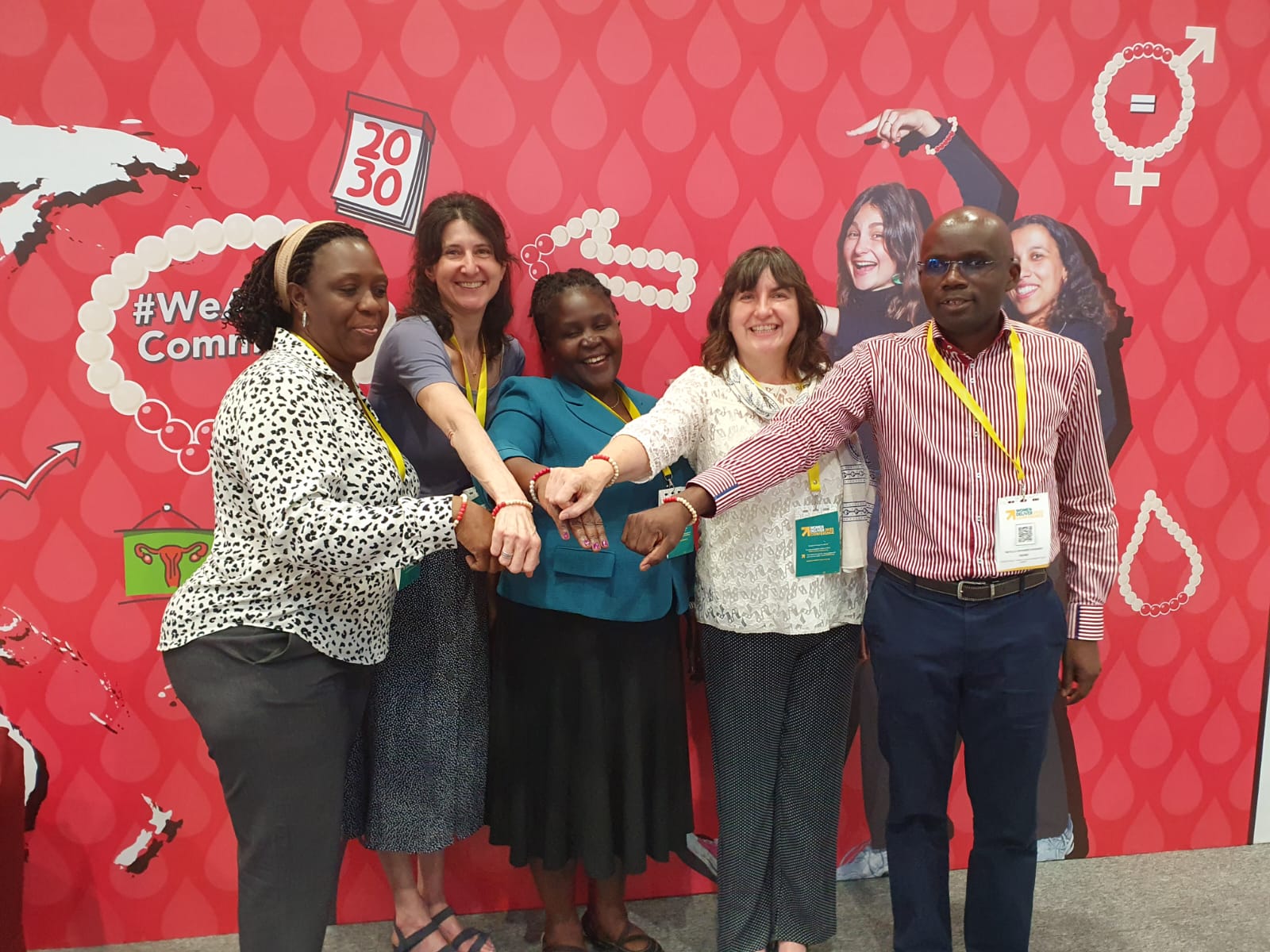
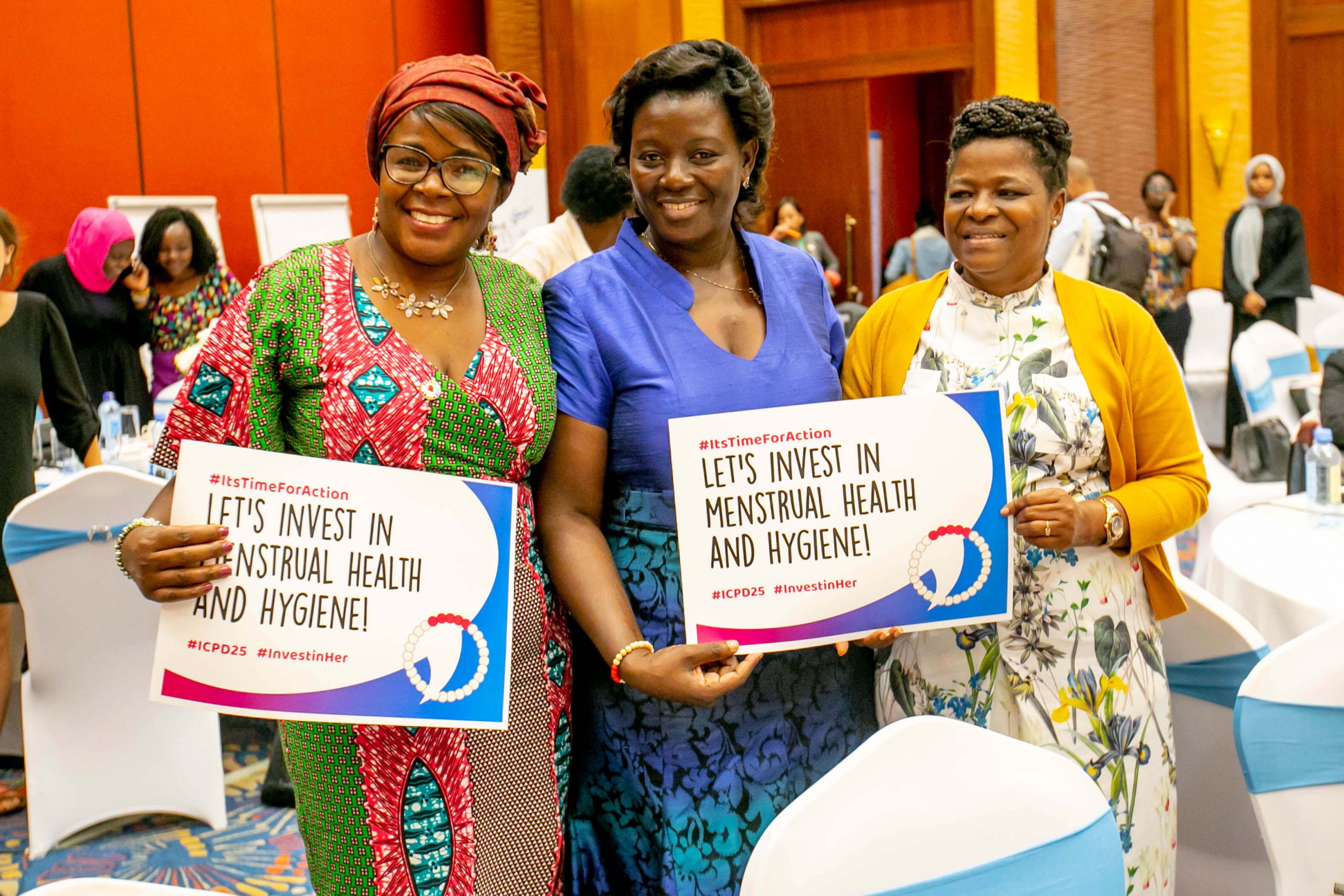
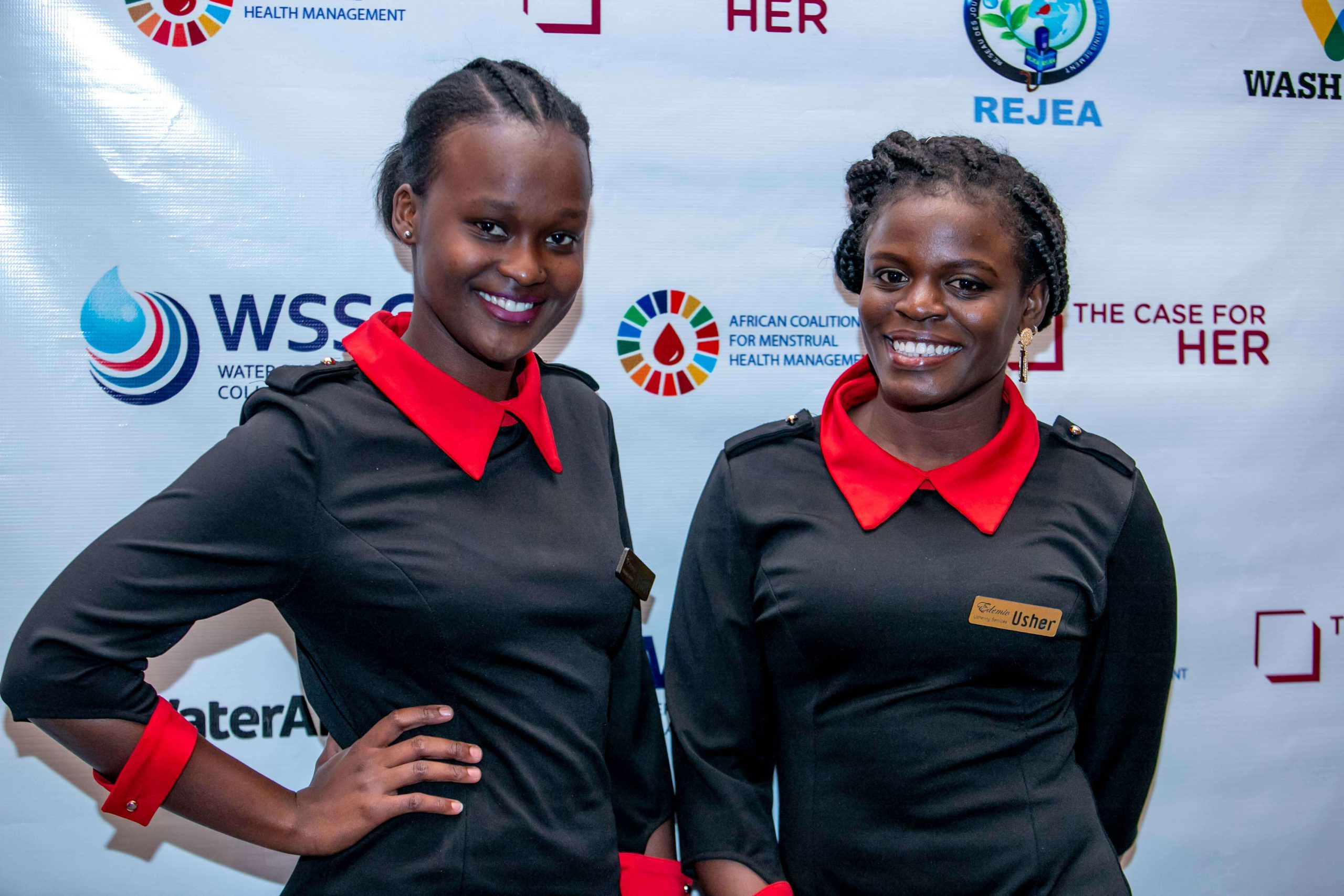
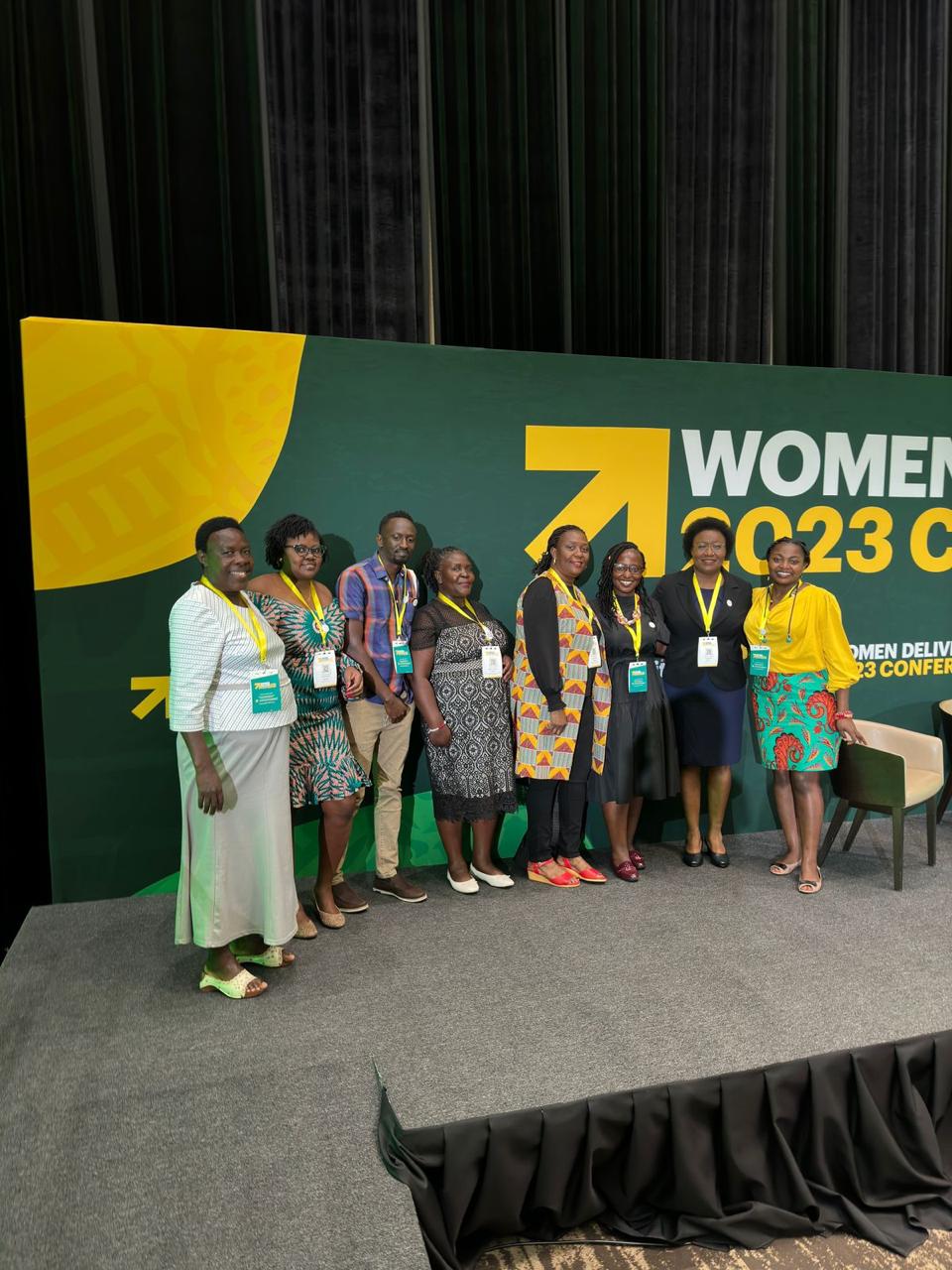
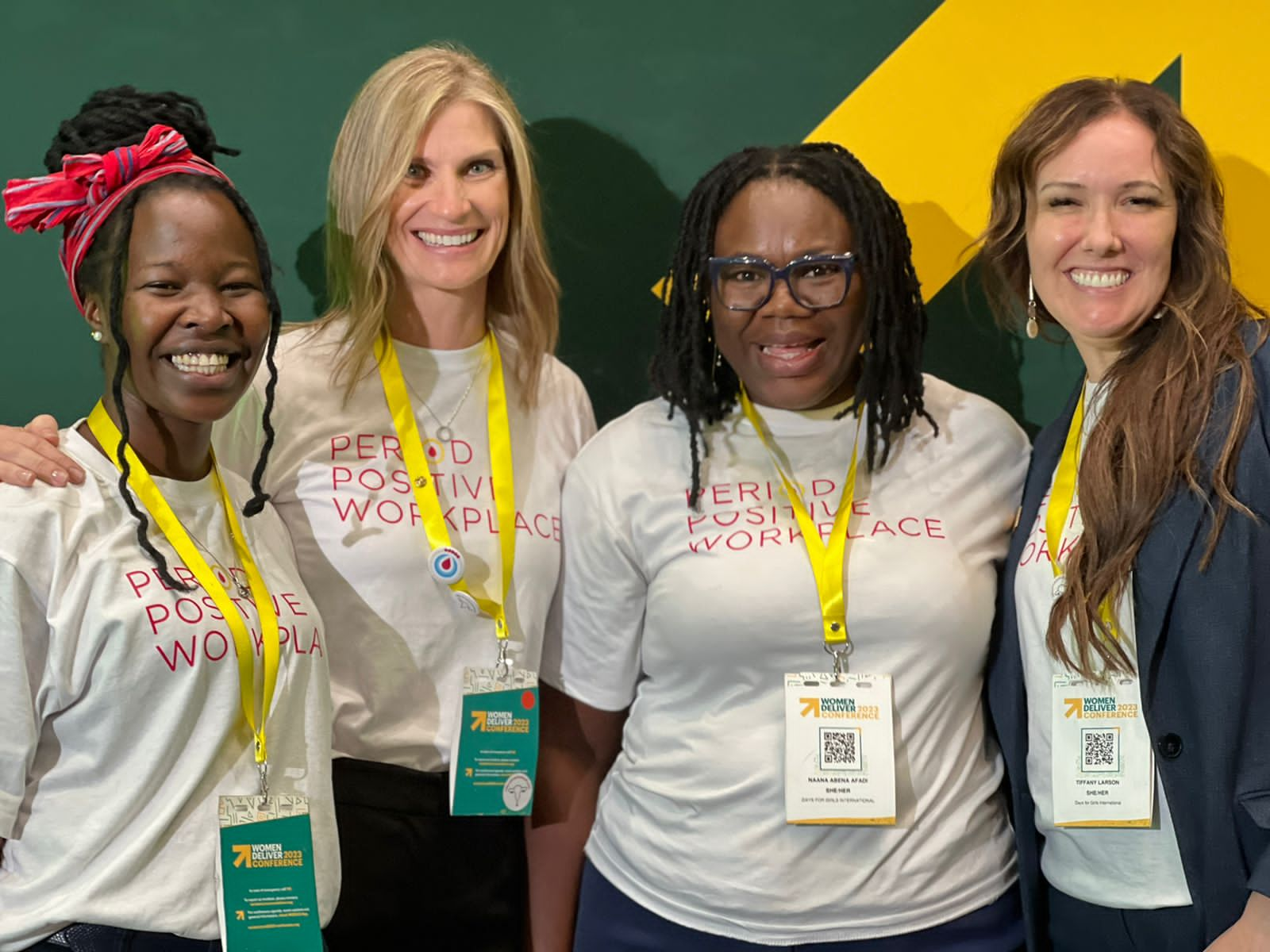
Since it’s inception, the GMC, through its members, have co-developed several resources to drive action and investment on menstrual health and hygiene!
Highlighting some of our collective work here:
2024: Exploring new themes of climate change and private sector engagement for menstrual health
2023: A focus on integrating menstrual health and SRHR and on menstrual justice for all
2022: Advocating for menstrual health to be a health and human rights issue
2021: Defining Menstrual Health for policy and practice
2020: Responding to Covid-19 pandemic with comprehensive online resource and infographic